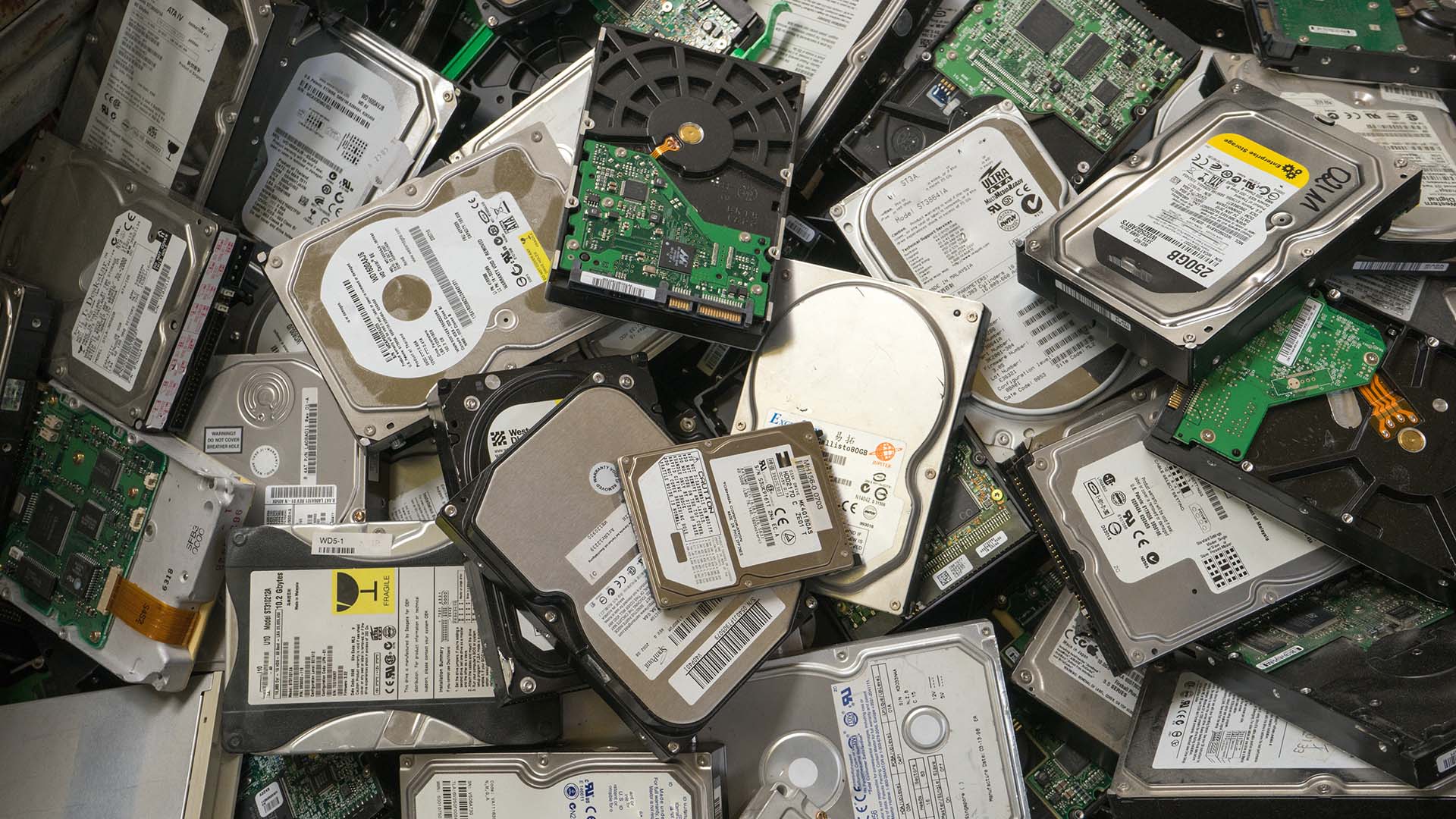E-waste is an untapped source of rare Earth materials
Good for business and the planet.

As the world battles through supply chain issues and geopolitical concerns disrupt the timely flow of materials, it’s becoming ever clearer that the supply of many rare earth metals and material is unsustainable. These materials are found in all kinds of products including those we dispose of everyday. E-waste is an excellent source of precious metals, and the recycling of e-waste needs to be dramatically ramped up.
The Royal Society of Chemistry in the UK (via bbc.com) is running a campaign aimed at raising awareness around the unsustainability of mining the materials that make up all the countless millions of pieces of consumer technology. These metals and materials often end up in landfill, creating potentially toxic contaminants. But this waste is also an untapped resource of the very materials that go into making it in the first place, hence the need for recycling.
Professor Tom Welton, president of the Royal Society of Chemistry, said that "Our tech consumption habits remain highly unsustainable and have left us at risk of exhausting the raw elements we need," while "continuing to exacerbate environmental damage". According to a study cited by the BBC, the total amount of the world’s discarded electronics was 57 million tons in 2021 alone and growing at a rate of two million tons per year.
Some examples of materials that are at risk of running out over the coming decades include gallium, indium, yttrium and tantalum. They are used in everything from medical devices to semiconductors, batteries and solar panels. These are just a few examples of the things we take for granted and are products that are only going to increase in demand. It goes without saying that supplies of these materials are critical to ensuring a sustainable future society free of fossil fuels.

Best CPU for gaming: The top chips from Intel and AMD
Best gaming motherboard: The right boards
Best graphics card: Your perfect pixel-pusher awaits
Best SSD for gaming: Get into the game ahead of the rest
The need for sustainable manufacturing is also becoming increasingly apparent. Elizabeth Ratcliffe from the Royal Society of Chemistry, told BBC Radio 4's Inside Science that there is an untapped ‘mine’ of precious metals in the drawers and storage of just about every home."
Many consumers don’t know what to do with their old devices. Many end up in landfill, but if there was a global effort to make it easy to recycle old devices, many people would surely make use of the option. Things such as drop off boxes or e-waste recycling centres would have the dual effect of reducing potentially toxic landfill, while providing companies with alternative sources of otherwise finite precious metals.
The war in Ukraine highlights just how fragile supply chains are. The supply of nickel, a valuable component of vehicle batteries, is experiencing a supply crunch as Ukrainian production grinds to a halt. Neon supplies were affected too. But what if you could extract nickel from discarded batteries? It sounds like there’s an opportunity for companies to acquire materials that are only going to get rarer and more expensive to mine.
The biggest gaming news, reviews and hardware deals
Keep up to date with the most important stories and the best deals, as picked by the PC Gamer team.
As consumers of tech, we can do our part too. Next time you upgrade your phone or buy a new PC component, think about how you might be able to recycle the old one, rather than just toss it into the trash. You’d be doing the planet a favour, as well as contributing to sustainable manufacturing that might directly lead to more affordable products in the years ahead thanks to better availability of the stuff that it's made of. Win win.

Chris' gaming experiences go back to the mid-nineties when he conned his parents into buying an 'educational PC' that was conveniently overpowered to play Doom and Tie Fighter. He developed a love of extreme overclocking that destroyed his savings despite the cheaper hardware on offer via his job at a PC store. To afford more LN2 he began moonlighting as a reviewer for VR-Zone before jumping the fence to work for MSI Australia. Since then, he's gone back to journalism, enthusiastically reviewing the latest and greatest components for PC & Tech Authority, PC Powerplay and currently Australian Personal Computer magazine and PC Gamer. Chris still puts far too many hours into Borderlands 3, always striving to become a more efficient killer.

